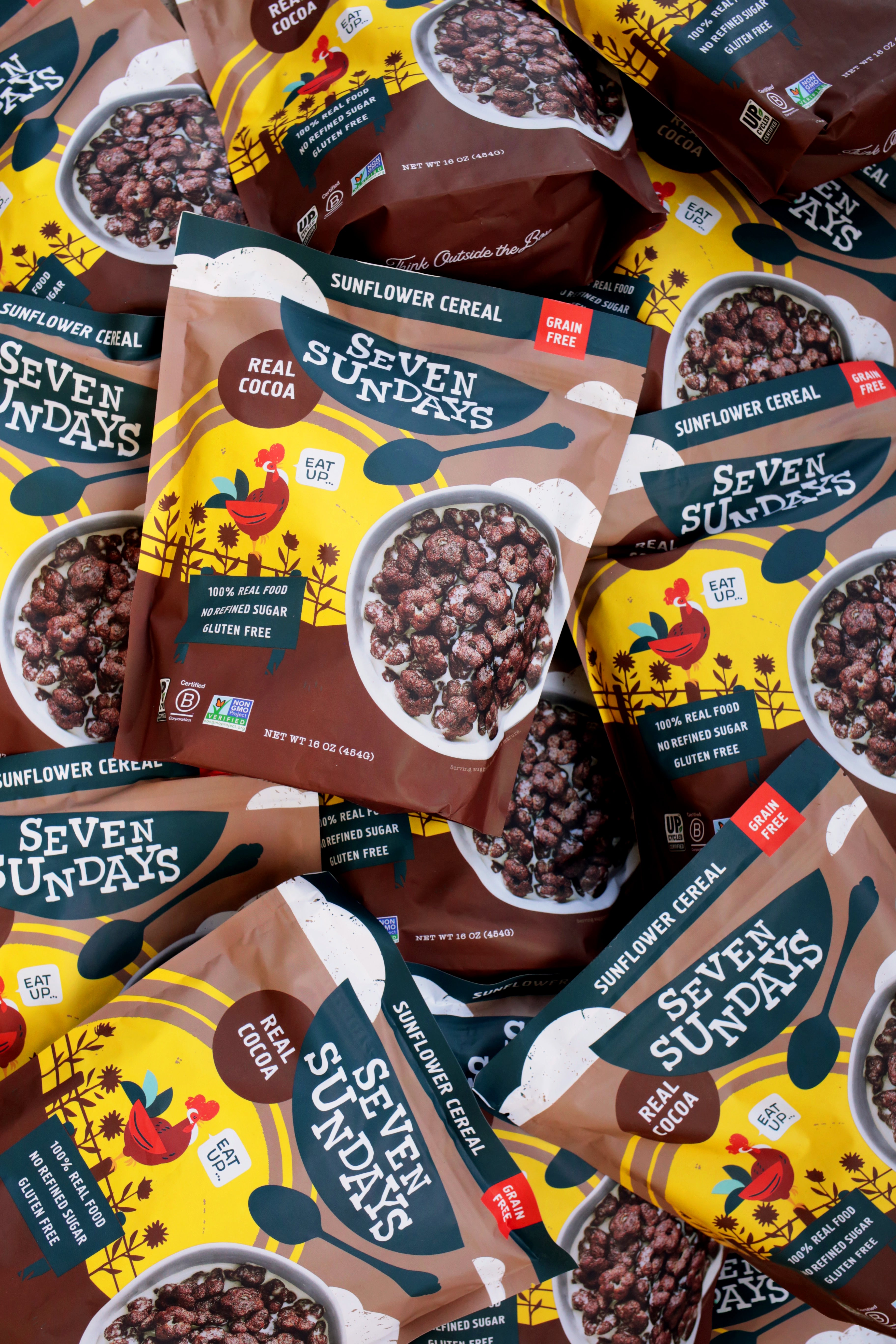Update: You can now recycle our pouches through Ridwell! Join our Recycling Program, and get 20% OFF your monthly Ridwell subscription.
We have long been unsatisfied with the end use of our plastic pouches, and many of you have shared the same thoughts and opinions. Our current bags are technically a #7, which is a catch-all for plastics not fitting into any other category. Because of the multiple layers and oxygen transfer barriers required to keep our product fresh, these pouches are currently not widely accepted by recycling centers. We have been working with our packaging partners over the last couple years to evaluate to explore more sustainable options. Last year, we dove deep into three potential options to move forward with:
1. PCR Plastic: Made from Post-Consumer Recycled (PCR) material. Pro: This is the simplest and most cost-effective change, it would use 30% less virgin plastic material, and would grow the demand for recycled plastic material like water bottles and milk jugs. Cons: The film is still made from 70% virgin plastic and it is not recyclable in most jurisdiction.
2. Recycle Ready Film: Recycle-ready film is made from #2 plastic that can be drop off at store collection points for recycling. Pro: For those willing to bring their empty pouches to a store-drop recycling center (e.g. Target) this would give the option to do so. Cons: Very expensive, difficult to run on our packaging machines, and still not acceptable in curb-side recycling programs. The data shows a low conversion rate of consumers using the store-drop method.
3. Compostable Film: Compostable film is made from plant-based sources and is compostable where commercial composting facilities are available. Pro: No petroleum-derived plastic! Our home town Minneapolis is a leader in commercial composting. Cons: Very expensive, difficulties in forming and sealing and lack of commercial composting infrastructure in most cities outside of Minneapolis.
Based on the feasibility, we evaluated Options 1 and 3 and tested both at our manufacturing facilities in early 2020. Ultimately, we determined that PCR plastic was the only feasible option for us right now. We realize this is not a perfect solution, and know that we are still not satisfied. It is a step in the right direction and we are already working with our packaging supplier to increase the percentage of PCR in these pouches as well as evaluating a recyclable option.


